ACADIA NATIONAL PARK — New Year’s Day will mark two years since Nathan Stewart’s death. An Army veter- an, Stewart was deployed twice to Iraq, in 2006 and 2008, during a six-year military career in which he reached the rank of sergeant. The Waldoboro native was an athletic, adventurous outdoorsman who loved to rock climb, hike, scuba dive and travel until he took his own life at age 29.
Stewart’s story is tragic, but it is not unusual, said David Cote, a Marine major stationed with the Pentagon. In fact, Cote said Stewart’s story is far too common.
But today on mountains across Maine, Stewart’s story and those of other Maine servicemen and veterans who have died are being told, again and again.
Last year, Cote created The Summit Project, a hiking challenge that calls able hikers to honor deceased Mainers who served in the military. And the Project’s mountain-top ceremonies have continued.
Cote, a Bangor native, started The Summit Project as a one-time event. But the Project has evolved into an ongoing tribute that calls hikers to remember Maine’s deceased servicemen and women by hiking with stones inscribed with their initials across Maine’s mountain peaks.
“Nearly one in seven Maine adults is a veteran,” Cote said. “Maine’s patriotism and commitment to service in our armed forces is nothing short of extraordinary. We must serve them by remembering them.
“They do not have to be combat casualties on the battlefield. The Summit Project is proud to consider among our fallen heroes those who died as a result of combat, accidents, training exercises, medical deaths and also suicides.”
The Summit Project calls participants to choose a stone donated by the family of a deceased soldier. The volunteers learn that soldier’s life story, carry the stone up a mountain and then share that story at the summit. The stones are housed at the Military Entrance Processing Center in Portland. The stones are returned to the military display case in Portland after each hike.
For the family members of Maine’s deceased soldiers, the ongoing ceremonies are profound. In these simple hikes some have found hope and healing.
“It helps keep the memories alive. It can be pretty lonely losing a child. It helps to have other people carrying the weight a little bit,” said Jeff Hutchins, 50, of Leeds, who climbed Cadillac Mountain with Summit Project participants last weekend.
Hutchins came to Acadia National Park on Nov. 22 to honor his son, Cpl. Andrew Hutchins, who was killed on Nov. 8, 2010, in Afghanistan. Jeff Hutchins said he would not have climbed Cadillac Mountain last weekend were it not for The Summit Project. For him the tough three-hour ascent was more than a physical test over ice ledges and boulders. It was a pilgrimage.
He hiked with a rock, inscribed with Andrew’s initials, that came from West Grand Lake, his son’s favorite place to fish. And as Hutchins hiked with it in Andrew’s pack, he told his son’s story.
“Andrew definitely would have been a part of this,” Hutchins said. “He was a fly fisherman, a musician, a poet, an artist and an outdoorsman.”
Dylan Harris of Baileyville is more a climber than Jeff Hutchins. But Harris joined The Summit Project early this year more to honor his brother, Dustin, than to climb mountains.
Spc. Dustin Harris of Patten was serving in Iraq when he was killed in an explosion on April 6, 2006.
“My brother died when he was almost 21,” Harris said as he paused on the trail up Cadillac Mountain. “He enlisted right after 9/11. It really struck a chord with him. He enjoyed what he was doing. Then he was killed in action.
“He was single. He didn’t have any kids. He always took the risky positions to volunteer for the guys he knew had kids and wives.”
A quiet, capable hiker, Dylan Harris stood at the top of Cadillac Mountain a few hours later surrounded by eight other hikers. There he spoke freely of his brother and what this unique memorial service meant to him.
“It’s an unbelievable feeling to know our family members truly are not forgotten,” said Harris, who carried a tribute stone for his brother from their family’s potato field in Patten.
Ted Coffin of Raymond also hiked up Cadillac Mountain last weekend. A Summit Project participant from the beginning, Coffin is not a member of a family that lost a loved one who served in the military. Coffin is a hiker who believes in The Summit Project cause.
He said the hikes touch every one who participates.
“These hikes are as emotional draining as they are physically draining. It’s easy to stay involved,” Coffin said.
The first Summit Project hike took place on Mount Katahdin in Baxter State Park over Memorial Day weekend, and nearly didn’t happen. That original hike was intended to duplicate an event conducted by a group of Navy SEALS in 2012 on California’s Mount Whitney, where they left stones to commemorate fallen comrades.
However, Baxter State Park regulations forbid altering the park’s wild landscape. When Cote asked Park Director Jensen Bissell for permission to leave the stones on Katahdin, Cote realized the ceremony needed to be changed, and the stones were brought down.
What resulted was a lasting tribute. The Summit Project will continue as long as there are willing hikers in Maine to carry its message forward.
“Looking back, it was a blessing,” Cote said. “If we had left them, it would have been a one-off project. Look at where the stones have gone: All over Maine and all over the world. The most impressive places the stones and stories have visited is Everest, Kilimanjaro and Arlington National Cemetery.”
Copy the Story Link
Send questions/comments to the editors.


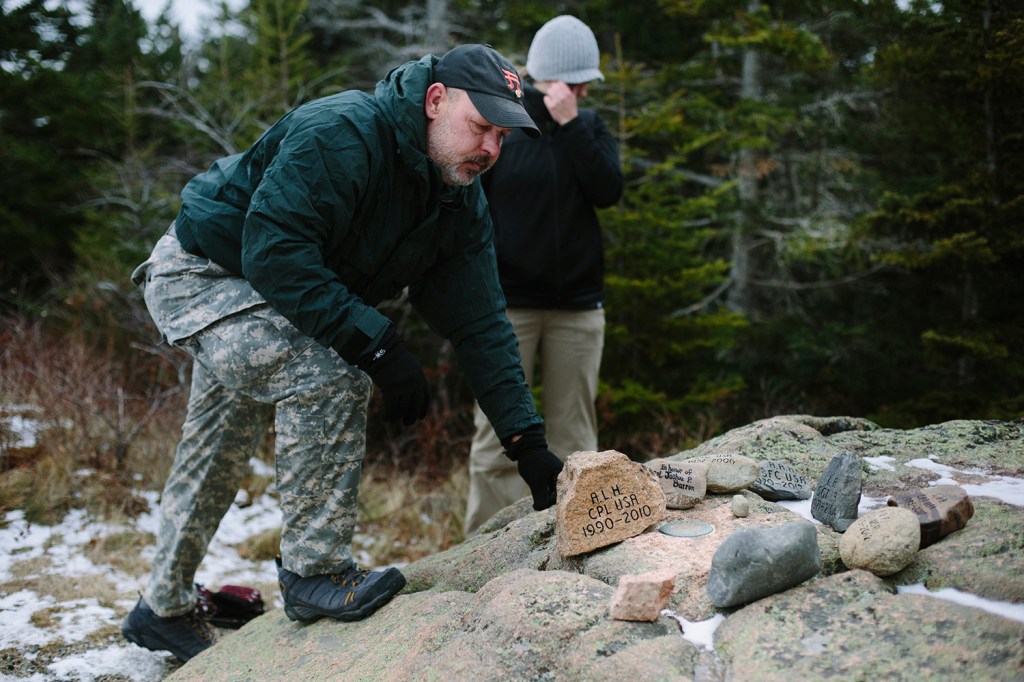
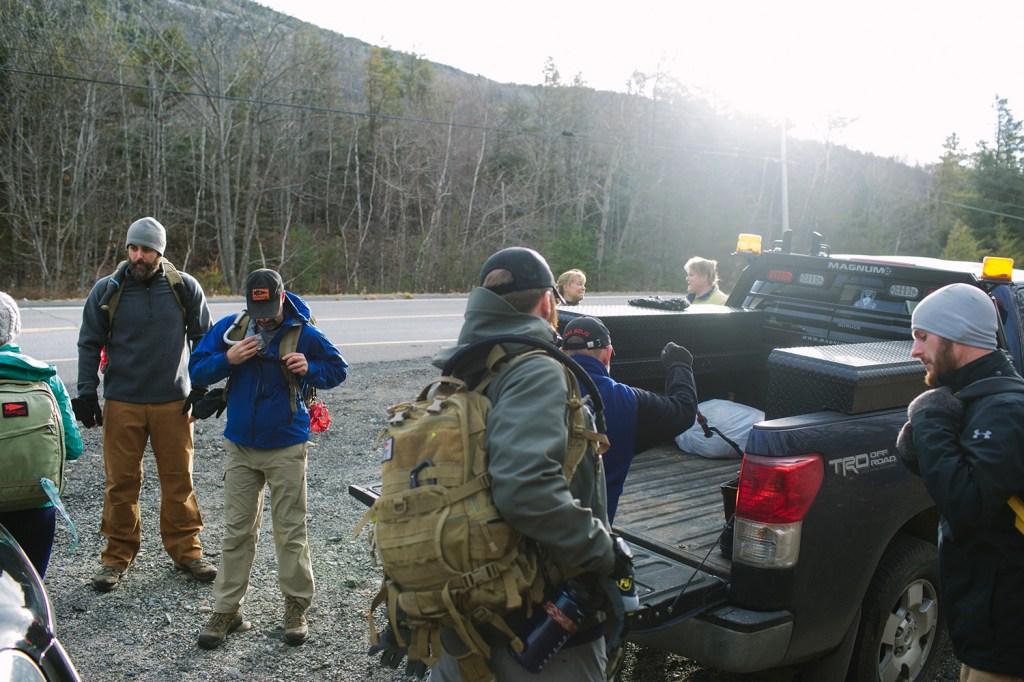
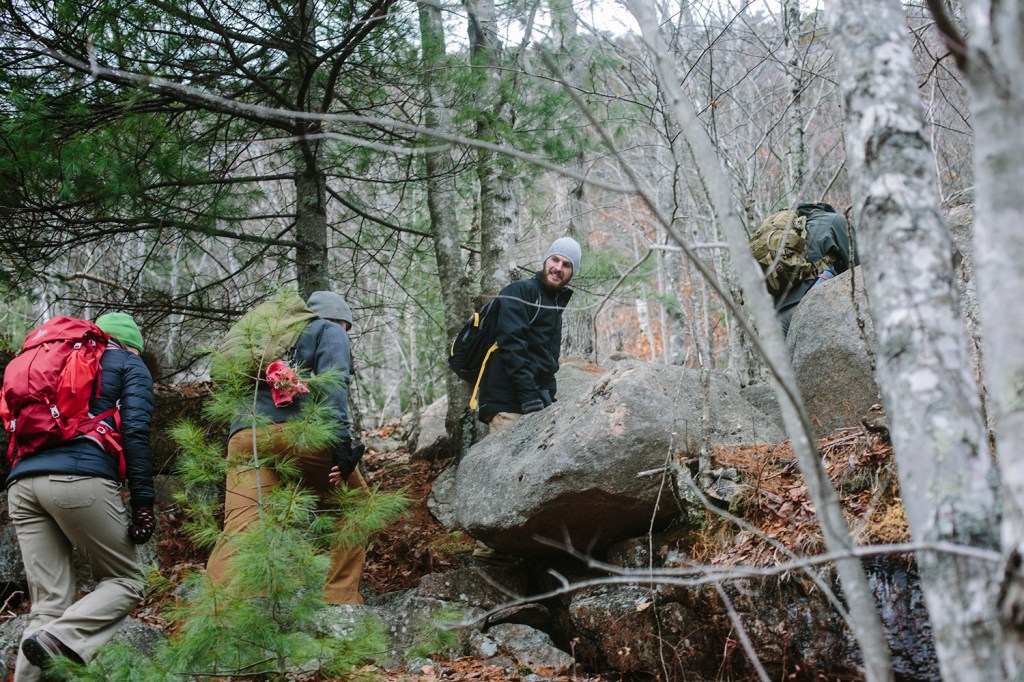
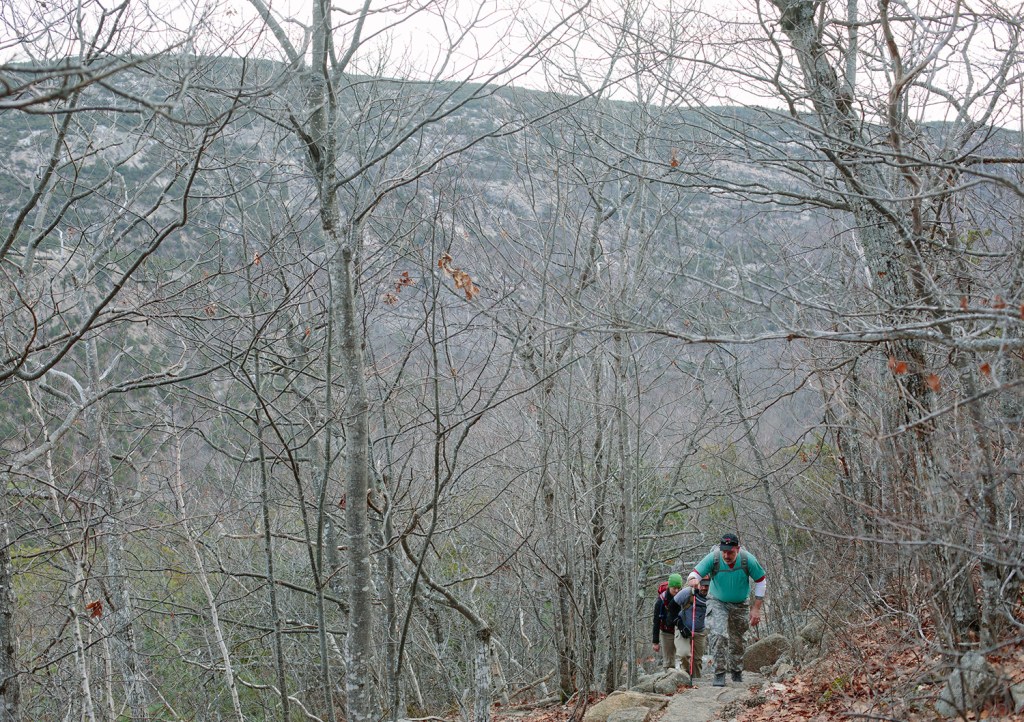
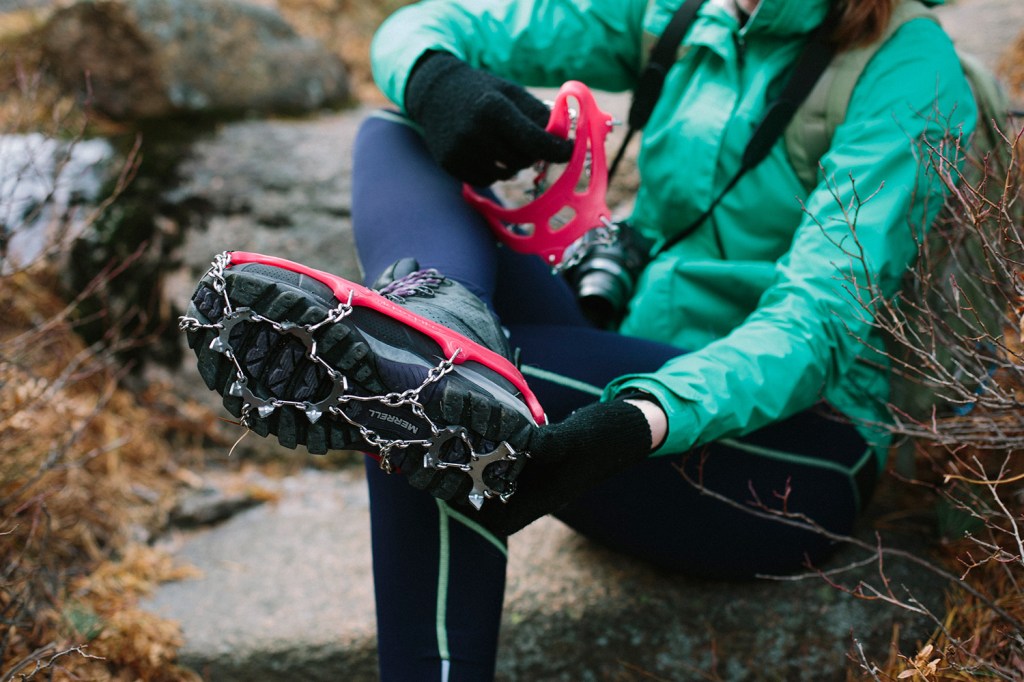
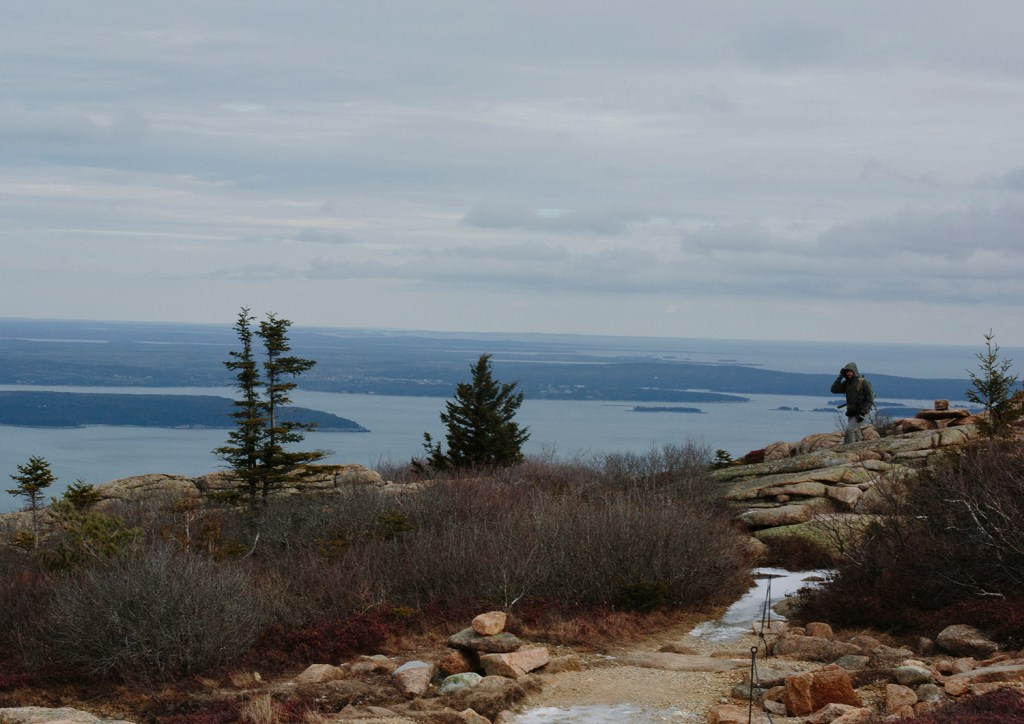
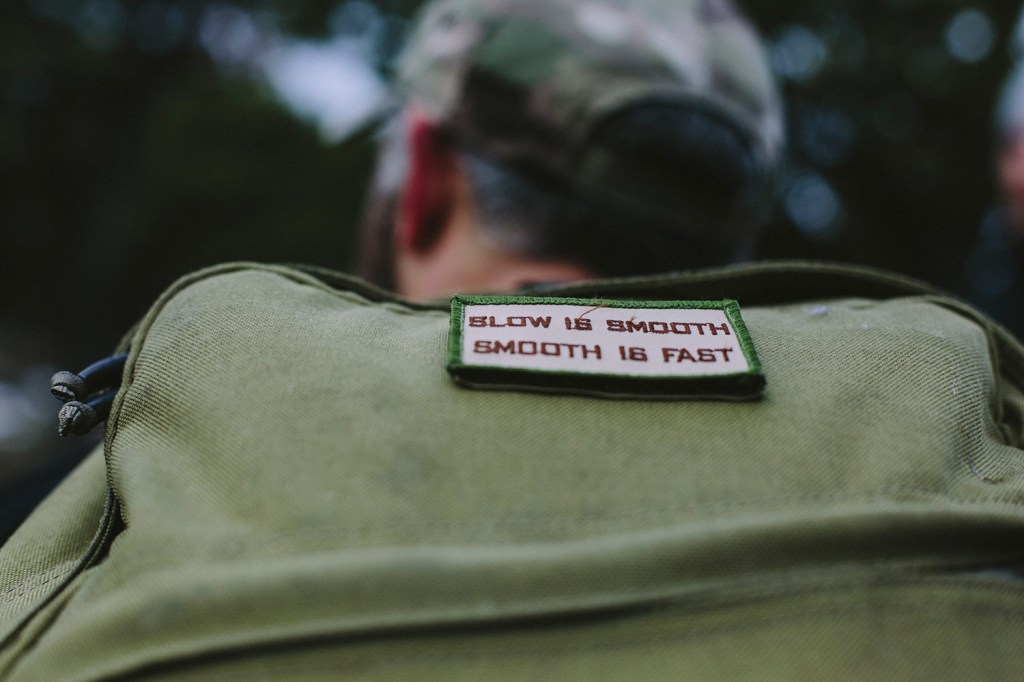
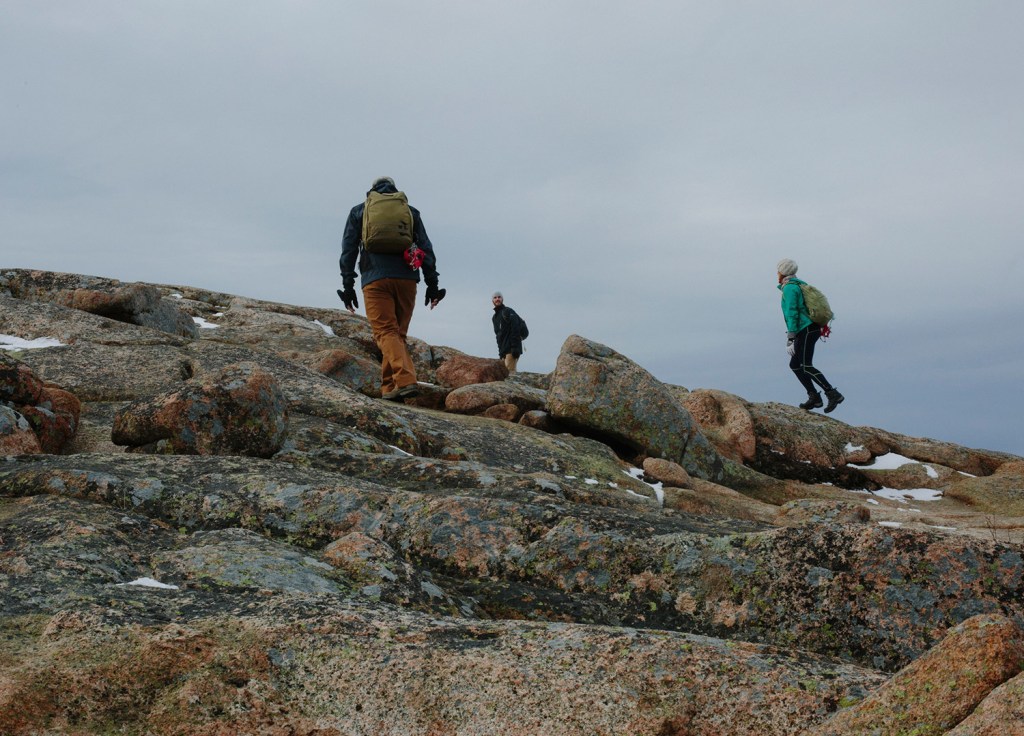
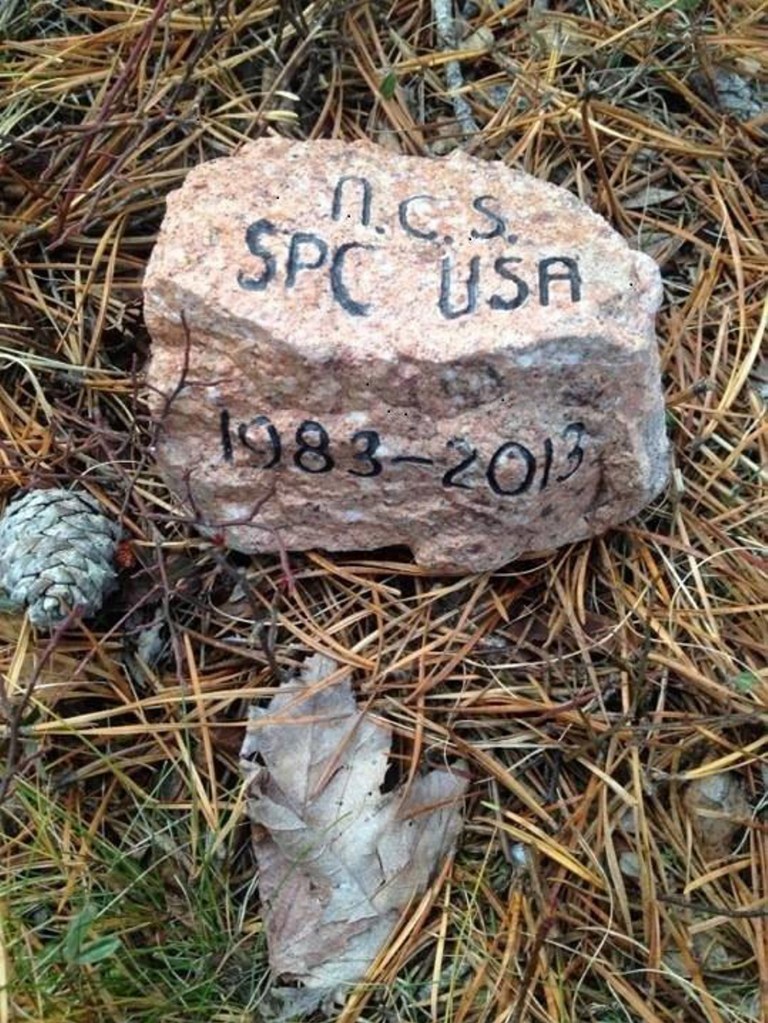
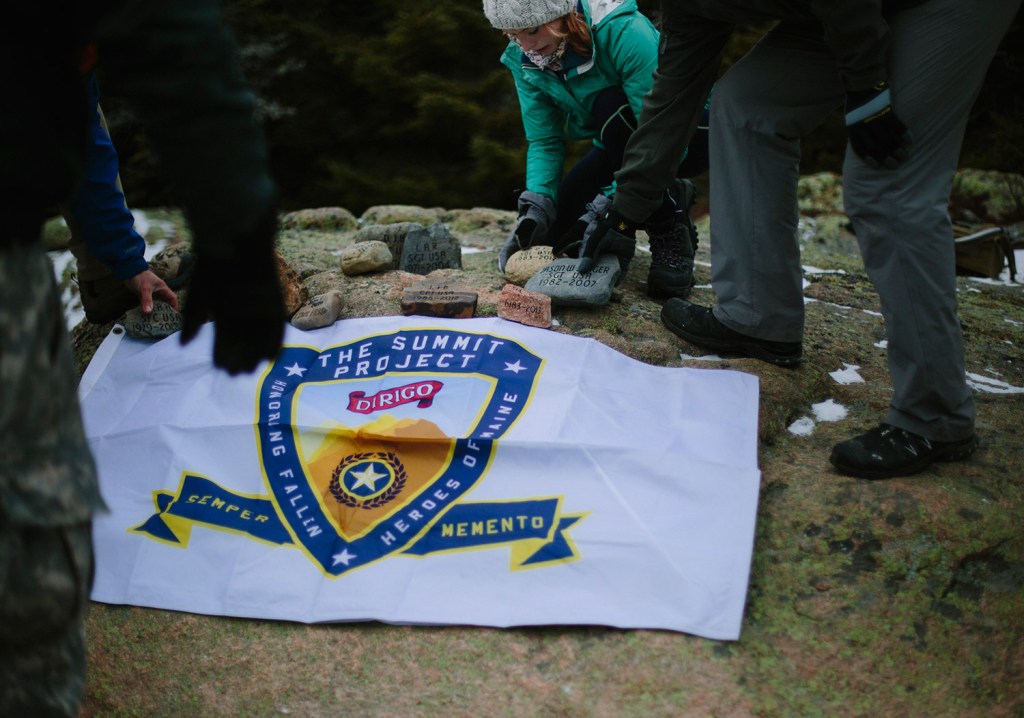
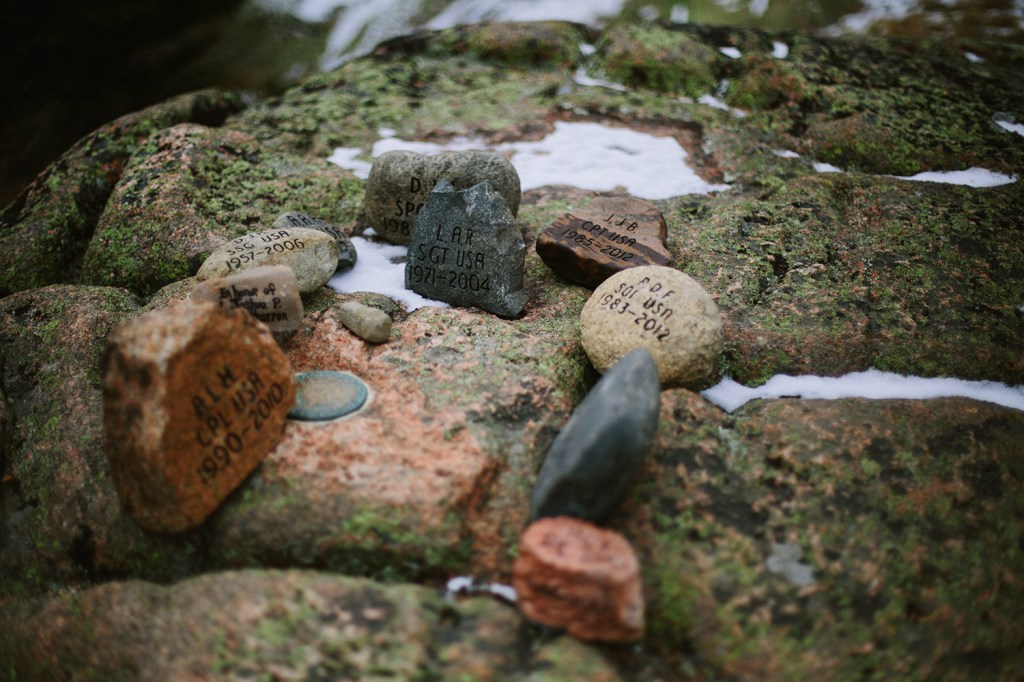

Success. Please wait for the page to reload. If the page does not reload within 5 seconds, please refresh the page.
Enter your email and password to access comments.
Hi, to comment on stories you must . This profile is in addition to your subscription and website login.
Already have a commenting profile? .
Invalid username/password.
Please check your email to confirm and complete your registration.
Only subscribers are eligible to post comments. Please subscribe or login first for digital access. Here’s why.
Use the form below to reset your password. When you've submitted your account email, we will send an email with a reset code.